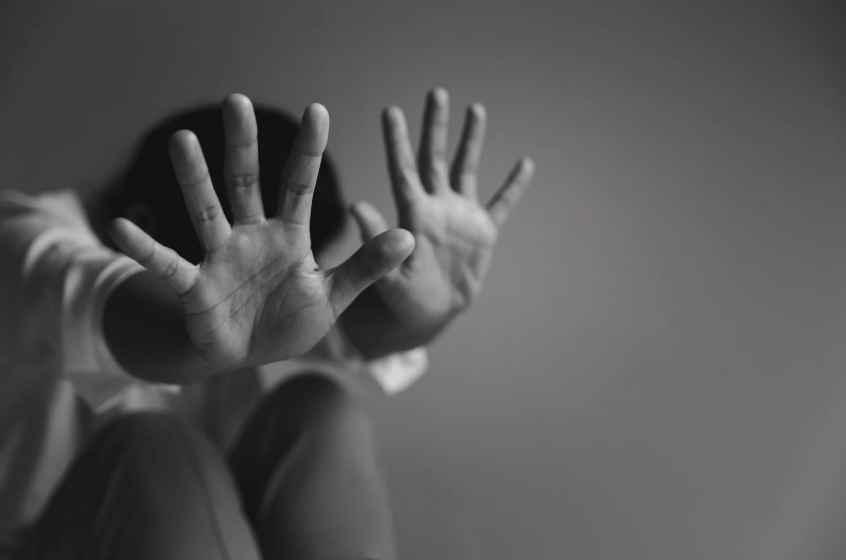Shifting Legal Landscapes: Accountability for Human Rights Violations
As of October 15, 2024, there has been a remarkable shift in the U.S. legal framework regarding the accountability of foreign officials for alleged human rights violations. Recent court rulings indicate a growing willingness among U.S. courts to entertain lawsuits against foreign leaders and government representatives accused of perpetrating atrocities and repressive acts against their own citizens. This trend reflects a broader movement toward recognizing and enforcing human rights as a focal point of legal proceedings in the United States.
The Case of Saad al-Jabri
A significant case that has emerged in this context involves Saad al-Jabri, a former Saudi intelligence official who has alleged that the Saudi government attempted to assassinate him. Al-Jabri’s allegations draw attention not only to his personal plight but also to the overarching issues of accountability and justice concerning the actions of foreign regimes. The U.S. courts have ordered that two close associates of Saudi Crown Prince Mohammed bin Salman provide evidence related to al-Jabri’s claims. Notably, this case evokes memories of the infamous murder of journalist Jamal Khashoggi, a high-profile incident that raised questions about the willingness and ability of the international community to address authoritarian abuses.
Legal Interpretations and Implications
Legal experts view this trend as a promising avenue for holding foreign powers accountable for acts of transnational repression. One critical factor contributing to this development is the concept of universal jurisdiction, which allows states to prosecute individuals for serious human rights violations regardless of where the crime was committed. However, the path is fraught with challenges, including jurisdictional issues and the complexities inherent in international law. As lawsuits against foreign officials become more commonplace, these challenges may provoke important legal debates regarding the reach and limitations of U.S. courts in international matters.
Broader Context of Human Rights Litigation
Beyond Saad al-Jabri’s case, there are other notable examples that highlight the evolving landscape of international human rights litigation in the United States. Cases involving Chinese dissidents filing claims against the Chinese government, as well as litigation involving Colombian victims against Chiquita Brands for financing paramilitary groups, demonstrate the variety of contexts in which these legal actions are taking place. Such cases illustrate the growing recognition that violations of human rights can have ramifications beyond national borders and underscore the need for global accountability mechanisms.
The Pursuit of Justice over Monetary Compensation
Al-Jabri’s family represents a poignant example of the motivations driving these legal pursuits. They are not seeking financial compensation but are focused on achieving justice for themselves and advocating for the release of detained relatives. This poignant distinction emphasizes a fundamental shift in the objectives of those bringing these cases forward. Instead of merely seeking monetary reparations, plaintiffs are increasingly motivated by a desire to hold foreign officials accountable, thereby reinforcing the principle of justice and the protection of human rights.
Potential Precedents and Future Implications
The implications of these legal developments are far-reaching. Should U.S. courts continue to endorse the prosecution of foreign officials for human rights violations, it could set important precedents for future cases. This might not only influence the landscape of international human rights litigation but could also alter diplomatic relations between the U.S. and the countries involved in such lawsuits. As accountability for transnational repression gains traction, it may spur both foreign governments and their officials to reevaluate their practices and the potential repercussions of their actions on the global stage.
Conclusion: A Call for Accountability
The recent evolution in U.S. legal proceedings concerning human rights violations represents a critical moment in the push for accountability on a global scale. As cases like that of Saad al-Jabri make headlines, they shed light on the continuing struggle for justice faced by victims of repression and violence. While significant challenges remain, the increased receptiveness of U.S. courts to such lawsuits may catalyze further actions around the world aimed at supporting human rights and holding oppressive regimes accountable. Moving forward, it will be essential for advocates and legal experts to navigate the complexities of international law while pushing for a robust framework for accountability.
FAQs
What is universal jurisdiction?
Universal jurisdiction is a legal principle that allows states to prosecute individuals for serious crimes, including human rights violations, regardless of where those crimes occurred. It is often invoked in cases involving war crimes, genocide, and torture.
How can foreign officials be held accountable in U.S. courts?
Foreign officials can be held accountable through lawsuits filed under various legal frameworks, including the Alien Tort Statute or tort claims for violations of international law, provided that U.S. courts assert jurisdiction over the case.
What challenges do these lawsuits face?
Challenges include issues related to jurisdiction, the foreign sovereign immunity doctrine, and the complexities of proving claims against foreign officials within U.S. legal standards.
Are victims the only ones who can bring these lawsuits?
While victims often initiate these lawsuits, family members and representatives of victims may also file claims seeking justice on behalf of those who have been harmed.
What broader impact could these legal cases have?
These cases could establish legal precedents, affect international diplomatic relations, and encourage more robust accountability mechanisms for human rights violations globally.

